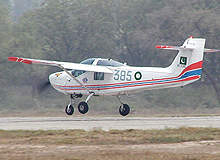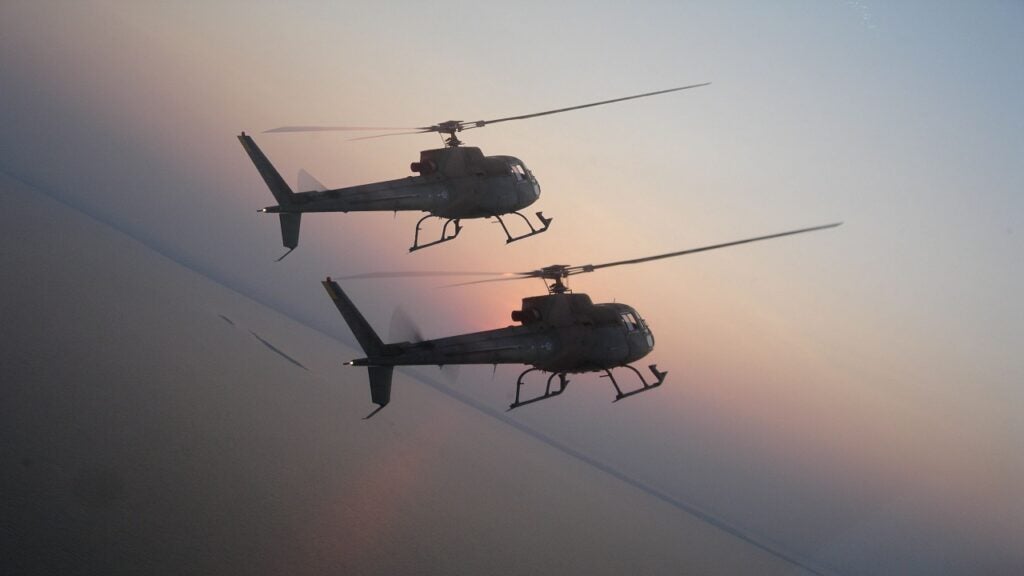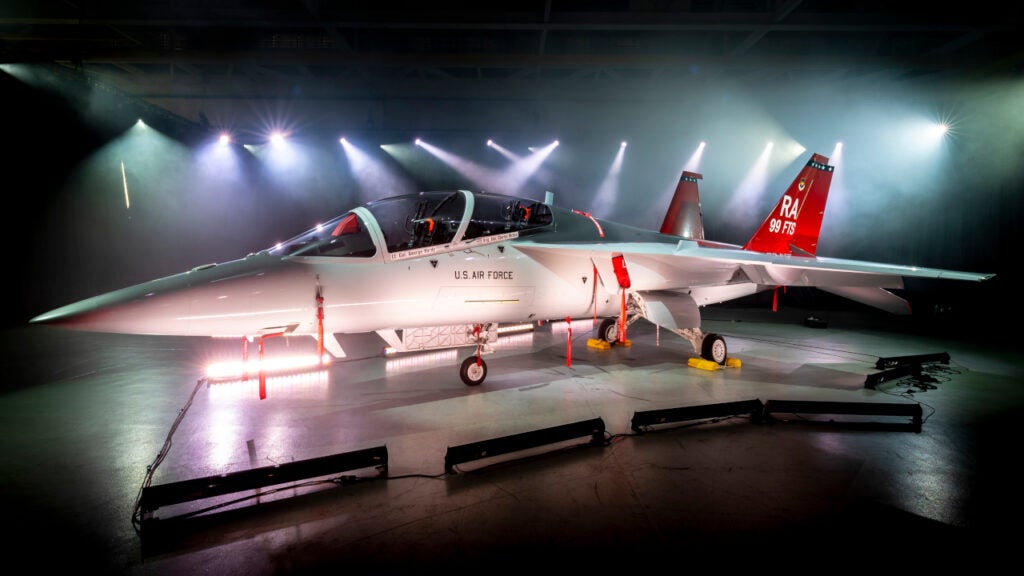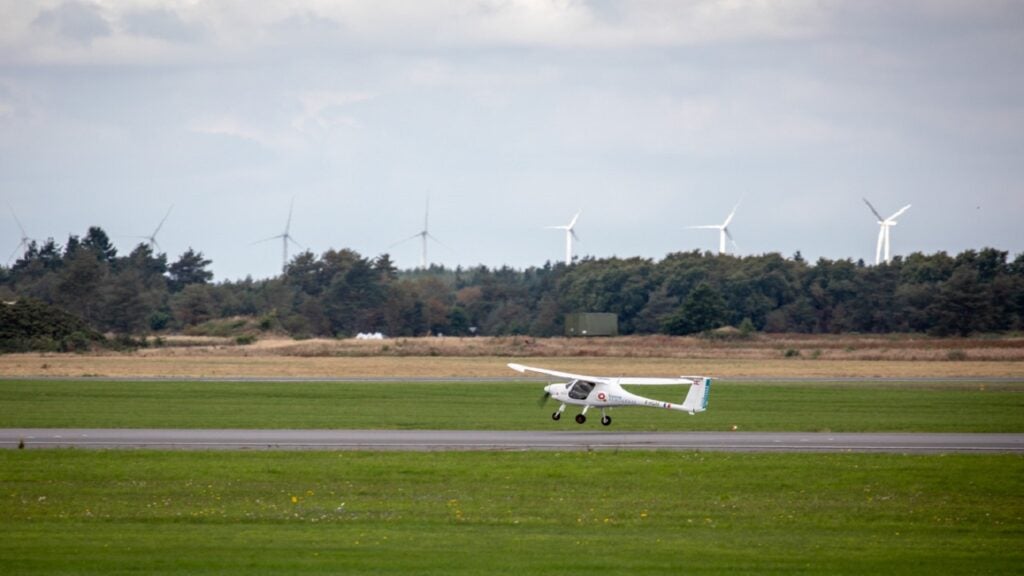
The MFI-17 Mushshak is a single engine basic trainer aircraft designed and developed by Pakistan Aeronautical Complex (PAC) for the Pakistan Armed Forces. It was derived from Saab MFI-17 supporter-trainer aircraft. More than 200 Mushshaks are currently in operation worldwide.
The aircraft has been accredited by the Pakistan Civil Aviation Authority, abnd has obtained Type Acceptance certification from the South African Civil Aviation Authority.
PAC rolled out an improved version, the MFI-395 Super Mushshak aircraft in 1995. The Super Mushshak took its maiden flight in August 1996.
Orders and deliveries
Recent orders of the MFI-17 include: the Egyptian Air Force (54), the Islamic Republic of Iran Air Force (25), the Royal Air Force of Oman (Eight), the Pakistan Air Force (149), the Royal Saudi Air Force (20) and the Syrian Air Force (Six).
Design
The MFI-17 was designed to train pilots of the PAF Academy located at Risalpur. The aircraft is fitted with a blind flying screen allowing for instrument flying missions. It was designed to meet the US FAR23 certification standards in utility and aerobatics classes.
The Mushshak was designed to operate on rough airfields even in adverse weather conditions. It can execute a wide range of ground attack missions including forward air control, border patrol, reconnaissance, artillery fire observation, liaison, camouflage review and transportation.
Development
The Pakistan Army signed a contract with Saab in June 1974 to acquire five MFI-17B Supporters along with supply kits. The contract was signed to supercede the obsolete Howard L-19 trainer aircraft. A licence agreement was also obtained to build an indigenous aircraft based on the MFI-17B.
Two MFI-17Bs were shipped to the PAF Academy in September 1974 for evaluation by trainer pilots. Upon taking the required suggestions from the Academy, the PAC started the development of MFI-17 Mushshak in June 1975 at its facility in Kamra, Pakistan. Saab ceased the supporter aircraft parts supply in 1982.
The maiden MFI-17 Mushshak production aircraft was introduced in December 1983.
Features
The MFI-17 features two integral fuel tanks that carry 48gal of fuel. It also houses an electrical fuel pump for emergency missions. The aircraft is fitted with a Bendix fuel injection system, dual flight control systems, tricycle type landing gear, electrical trim, rudder pedals, ailerons and environmental control system.
It boasts a large luggage compartment on the rear side of the cockpit, which can be easily accessed through a door on the port side of the fuselage.
Cockpit
The spacious glass cockpit of the Mushshak accommodates two crew members, a student pilot and an instructor. It is fitted with two adjustable seats integrated with lockable inertia reels, and there is an option for a third seat on the rear side. The round glass canopy offers clear visibility to the crew. An Enviro R-134 air conditioning system maintains constant temperature in the cockpit.
The cockpit is equipped with UHF radios, GPS, a voice-over recorder, automatic direction finder, rate of climb indicator, attitude heading reference system and an information friend or foe transponder.
Armaments
The aircraft comprises six hardpoints. It is armed with two 7.62mm cannons, two 75mm unguided rocket pods, four 68mm unguided rocket pods and six anti-tank missiles.
Engines
The Mushshak is powered by an AEIO-360A1B6 horizontally opposed four-cylinder piston aircraft engine, which generates 149kW of output power. The engine is designed and manufactured by Textron Lycoming. It is a fuel injected engine driven by two bladed constant speed hartzell propeller made up of aluminium.
The time between overhauls of the engine is 2,000 hours.
Performance
The Mushshak can climb at the rate of 5.2m/s. The maximum and cruise speeds of the aircraft are 238km/h and 210km/h respectively. The stall speed is 100km/h. The range and service ceiling are 800km and 4,100m respectively. The aircraft can loiter in air for a maximum of five hours ten minutes.




